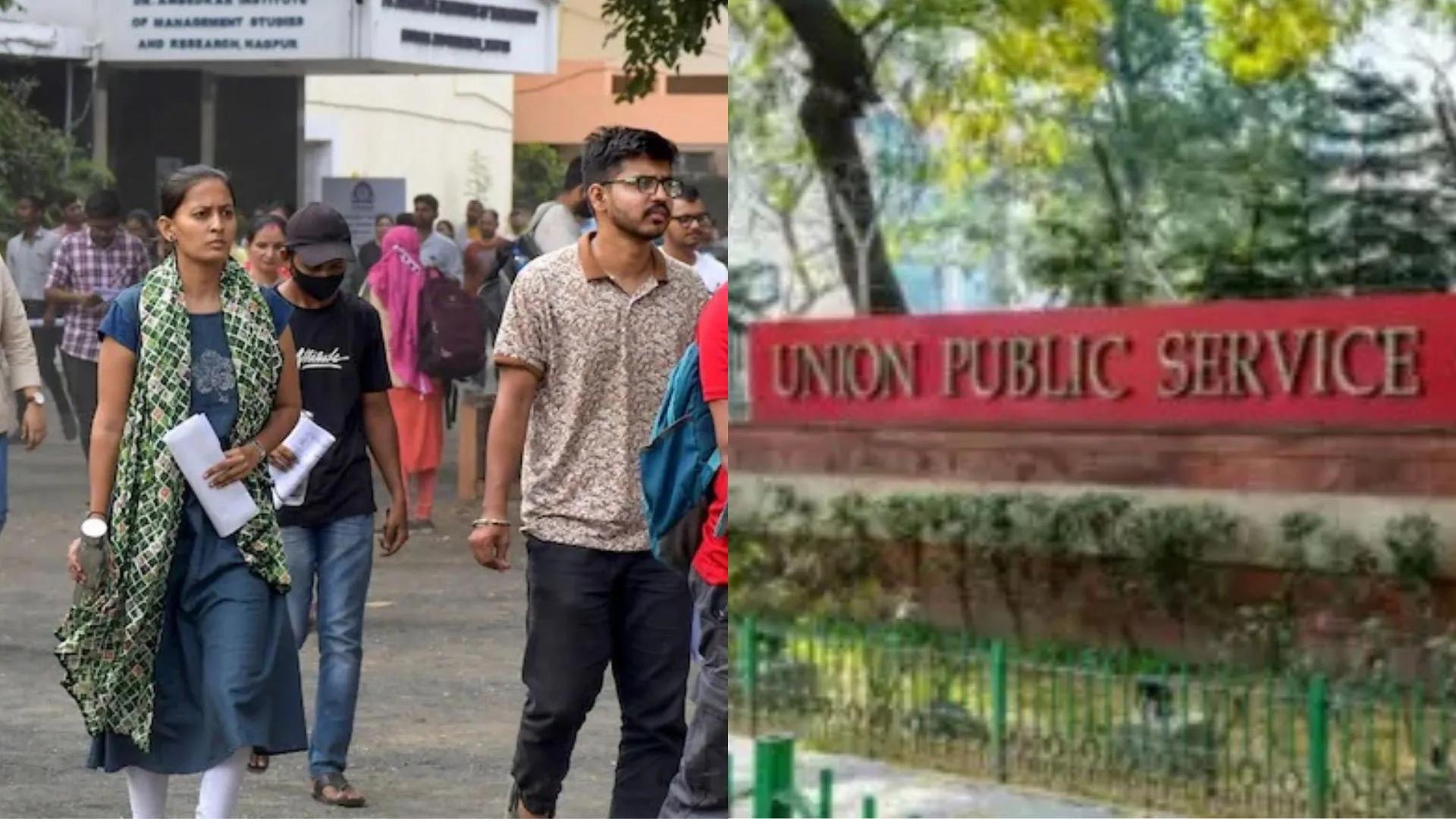Lateral entry into government positions has become a contentious topic in Indian politics. This process involves hiring professionals from outside the traditional civil services framework to fill high-level administrative roles. Recently, the Indian government announced a series of lateral entry positions for Joint Secretaries, Directors, and Deputy Secretaries through the Union Public Service Commission (UPSC), sparking significant debate. Leaders from various political parties have voiced their opinions, with some criticizing the move as detrimental to the reservation system and others defending it as a necessary step to infuse specialized expertise into the bureaucracy. This article explores what lateral entry entails, the pros and cons of this approach, and the political ramifications it has generated.
What is Lateral Entry?
Lateral entry refers to the practice of hiring individuals from outside the established civil services into senior positions within the government. Unlike traditional appointments that follow the UPSC examination route, lateral entry positions are often filled by professionals with specific expertise relevant to the roles. These positions are typically contractual and are intended to bring in specialized knowledge that may not be readily available within the existing civil service pool.
The recent announcement by the UPSC to recruit for 45 such positions, including Joint Secretary, Director, and Deputy Secretary roles, has ignited a political and public discourse. Critics argue that this move undermines the reservation system for Scheduled Castes (SCs), Scheduled Tribes (STs), and Other Backward Classes (OBCs) by potentially sidelining candidates from these communities who have traditionally benefited from these reserved posts.
Pros of Lateral Entry
Infusion of Specialized Expertise: One of the primary advantages of lateral entry is the introduction of specialized skills and knowledge into the government. Professionals with experience in fields such as finance, technology, or management can bring new perspectives and approaches to public administration. This can be particularly beneficial for roles requiring technical expertise or innovative solutions.
Enhanced Efficiency and Effectiveness: By bringing in experts from various industries, the government can potentially enhance the efficiency and effectiveness of its operations. These professionals may introduce best practices from their respective fields, leading to more effective policy implementation and problem-solving.
Flexibility and Agility: Lateral entry allows the government to adapt more quickly to changing needs and challenges. For instance, in rapidly evolving sectors like information technology or finance, having individuals with up-to-date knowledge and experience can help the government stay relevant and responsive.
Strengthening Governance: The introduction of lateral entrants can help in strengthening governance by providing a fresh perspective on existing issues. This can lead to improved decision-making and policy formulation based on contemporary practices and experiences.
Cons of Lateral Entry
Undermining Reservation Systems: A major concern raised by critics is that lateral entry might undermine the reservation system that aims to provide opportunities for SCs, STs, and OBCs. The reservation policy has been a cornerstone of affirmative action in India, designed to promote social equity and representation. Critics argue that lateral entry positions could potentially displace reserved category candidates, thereby affecting their representation in high-level administrative roles.
Potential for Bias and Favoritism: There is apprehension that lateral entry could lead to favoritism and bias, especially if appointments are perceived to be influenced by political affiliations or other non-merit-based considerations. This could undermine the perceived fairness and transparency of the recruitment process.
Disruption of Career Progression: Lateral entry into senior positions might disrupt the career progression of existing civil servants who have followed the traditional route. This can lead to discontent and a sense of unfairness among the established bureaucracy, affecting morale and overall efficiency.
Temporary Nature of Positions: Many lateral entry positions are contractual and temporary, often lasting for a fixed term of three to five years. This temporary nature might lead to instability and a lack of continuity in key administrative roles, which can impact long-term policy implementation and institutional memory.
Political Ramifications
The debate over lateral entry has not only focused on its administrative implications but has also become a significant political issue. Congress leader Rahul Gandhi and other opposition figures have criticized the move as an attempt to undermine the reservation system and favor certain ideologies. They argue that the BJP-led government is using lateral entry to bypass the established norms and place its ideological allies in key positions.
On the other hand, the government has defended lateral entry by arguing that it does not affect the reservation system for regular openings and is aimed at bringing in necessary expertise. Union Minister Ashwini Vaishnaw has clarified that these positions are temporary and do not cut into the roster of civil services, emphasizing that the process is transparent and has been implemented in previous administrations as well.
Historical Context
Lateral entry is not a new concept in Indian governance. Historical examples include former Prime Minister Manmohan Singh, who entered the government as an economic advisor in 1971 through lateral entry and later became Finance Minister and Prime Minister. Other notable examples include technocrats and economists like Sam Pitroda, Bimal Jalan, and Raghuram Rajan, who were brought into government roles for their specialized expertise.
These historical precedents demonstrate that while lateral entry has been utilized in various forms, the current debate highlights the evolving perceptions and concerns associated with it. The challenge lies in balancing the need for specialized expertise with the principles of fairness and representation.









